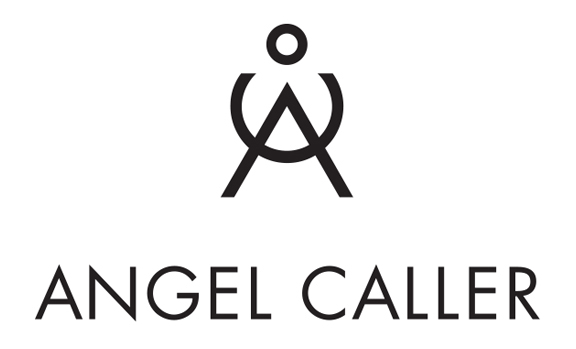LARIMAR
Larimar, also called Stefilia's Stone, is a rare blue variety of the silicate mineral pectolite found only in the Dominican Republic, in the Caribbean. Its coloration varies from white, light-blue, green-blue to deep blue.
HISTORY
The Dominican Republic's Ministry of Mining records show that Father Miguel Domingo Fuertes Loren of the Barahona Parish requested permission on 22 November 1916 to explore and exploit the mine of a certain blue rock that he had discovered. Pectolites were not yet known in the Dominican Republic, and the request was rejected.
Miguel Méndez and Peace Corps volunteer Norman Rilling rediscovered Larimar in 1974 on a beach at the foot of the Bahoruco Mountain Range, the coastal province of Barahona. Natives believed that the stone came from the sea, and they called the gem Blue Stone. Miguel took his young daughter's name Larissa and the Spanish word for sea (mar) and formed Larimar, to suggest the colors of the Caribbean Sea where it was found. The few stones that they found were alluvial sediment, washed into the sea by the Bahoruco River. An upstream search revealed the in situ outcrops in the range and soon the Los Chupaderos mine was formed.
COMPOSITION
Larimar is a type of pectolite or a rock composed largely of pectolite, an acid silicate hydrate of calcium and sodium. Pectolite is found in many locations, but larimar has a unique volcanic blue coloration, which is the result of copper substitution for calcium.
Miocene volcanic rocks, andesites and basalts, erupted within the limestones of the south coast of the island. These rocks contained cavities or vugs which were later filled with a variety of minerals, including the blue pectolite. These pectolite cavity fillings are a secondary occurrence within the volcanic flows, dikes, and plugs. When these rocks erode, the pectolite fillings are carried down the slope to end up in the alluvium and the beach gravels. The Bahoruco River carried the pectolite-bearing sediments to the sea. The tumbling action along the streambed provided the natural polishing to the blue larimar, which makes them stand out in contrast to the dark gravels of the streambed.
HARDNESS
Mohs Scale Hardness: 4.5 - 5
The Mohs scale of mineral hardness is a qualitative ordinal scale characterizing scratch resistance of various minerals through the ability of harder material to scratch softer material.
HEALTH BENEFITS
Larimar regulates proper functioning of the immune system. It helps remove blockages of energy in chest, head, and neck. It balances the thyroid gland, heals inflammation, and soothes the body. Larimar is helpful for healing blocked arteries, controlling high blood pressure, and treating cartilage. It helps kill germs, molds and fungus, heals throat problems, and gives relief during cold, fever, and flu. It also aids in the treatment of sunburns and is said to be effective in the treatment of skin disorders, like eczema, hives and psoriasis. Larimar helps soothe frazzled nerves, pregnancy and hot flashes.
Larimar is said to be particularly helpful for cartilage and throat conditions, and dissolves blockages of the head, neck and chest. It may also be laid on constricted joints or arteries. [Hall, 175][Gienger, 55]
As a reflexology tool, Larimar opens the acupressure/acupuncture meridians at the feet allowing for the recognition of which painful spots lead to which areas of the body in order to remove and clear the disease. [Melody, 476][Hall, 175]
Larimar is used to enhance alternative treatments, particularly those involving heat, light, and water. [Eason, 241] It is an antidote to emotional extremes and helps ameliorate bipolar disorders. [Hall, 175]
Larimar relieves high blood pressure and stress-related illnesses, and may alleviate excessive Fire element energy such as infection, fever and inflammation. It may also be used to treat skin disorders aggravated by stress, such as hives, rashes,eczema and psoriasis. [Ahsian, 229-230]
Believers say that if a larimar is placed over the area of pain, it provides relief. Here are a few of its physical healing properties.

